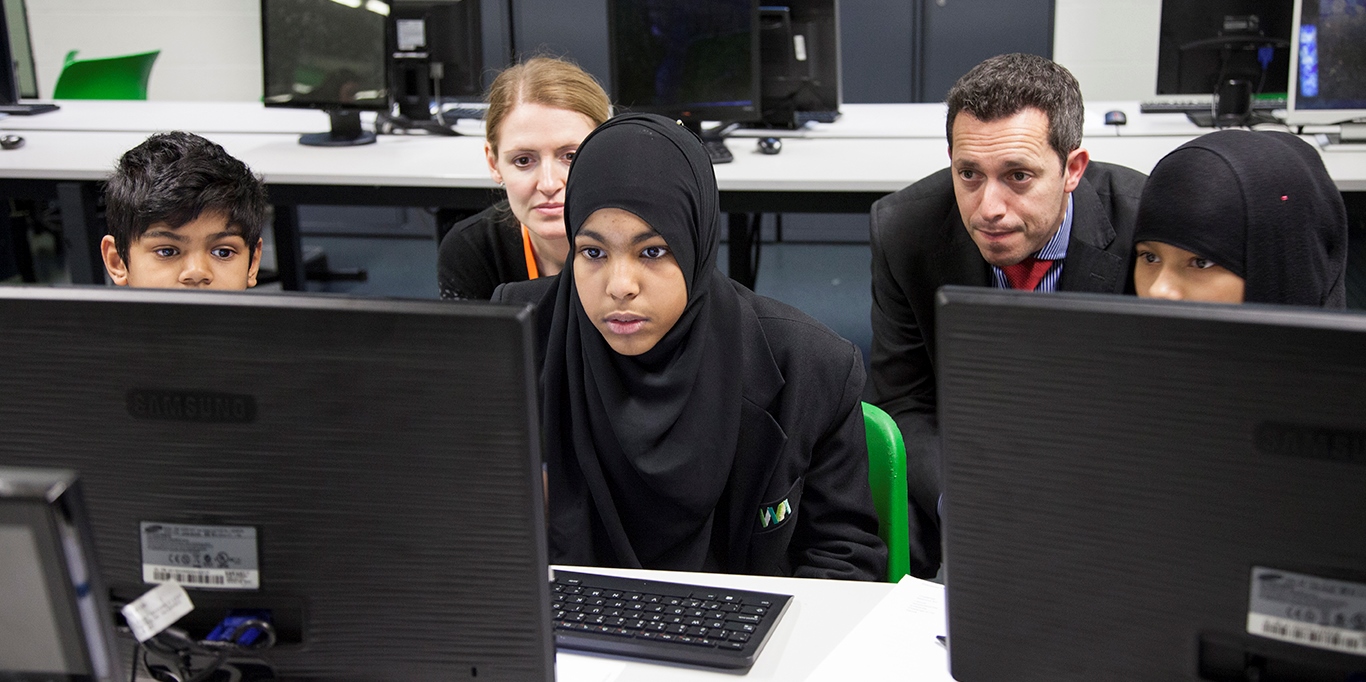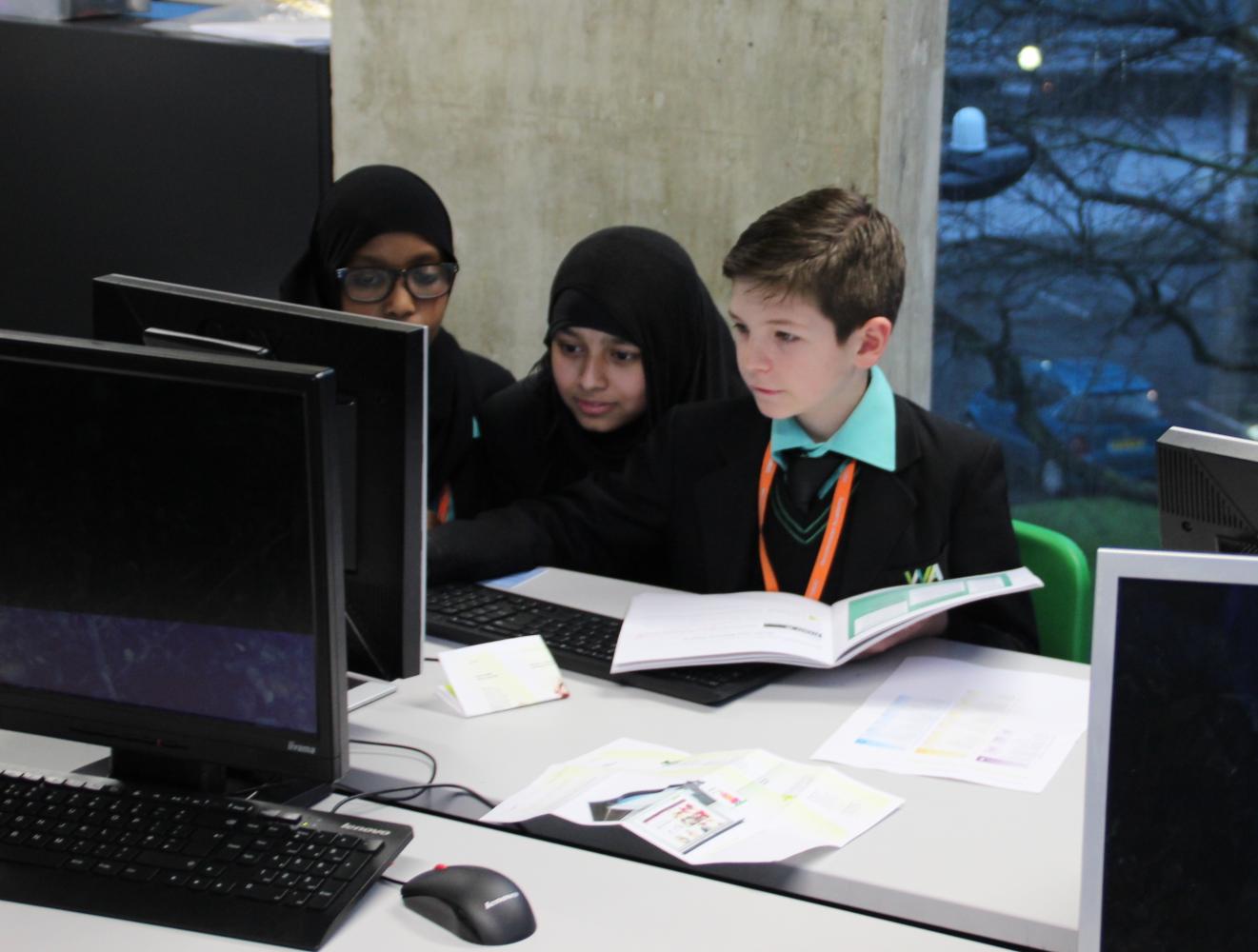
E-Safety
The internet is an amazing and exciting place. You probably use it
most days for research, socialising or just to have fun. When you imagine how
many billions of people are using the Internet at any one time, you could
say that overall it is actually a pretty safe place. However, as with
anything so good, there are bound to be a few things that are not so good. The
Internet does have a few pitfalls and you need to be aware of them in order to
use it confidently and safely.
This leaflet, from London Grid for Learning, gives some useful tips for parents on this subject. You can also find out more from the following websites:
www.childnet.com
www.saferinternet.org
www.thinkuknow.co.uk
Top Tips from Childnet International
- Protect your online reputation: use
the services provided to manage your digital footprints and ‘think before you
post.’ Content posted online can last forever and could be shared publicly by
anyone.
- Know where to find help: understand
how to report to service providers and use blocking and deleting tools. If
something happens that upsets you online, it’s never too late to tell someone.
- Don’t give in to pressure: if you lose
your inhibitions you've lost control; once you’ve pressed send you can’t take
it back.
- Respect the law: use reliable services
and know how to legally access the music, film and TV you want.
- Acknowledge your sources: use
trustworthy content and remember to give credit when using others’ work/ideas.
Free Computer Protection Software
Install anti-virus software
Without proper protection from viruses, you're leaving your
computer at risk from all manner of threats. Thankfully, there are a number of
free anti-virus programs out there to regularly scan your computer, and if you
keep it updated, you should be safe from the newest viruses:
